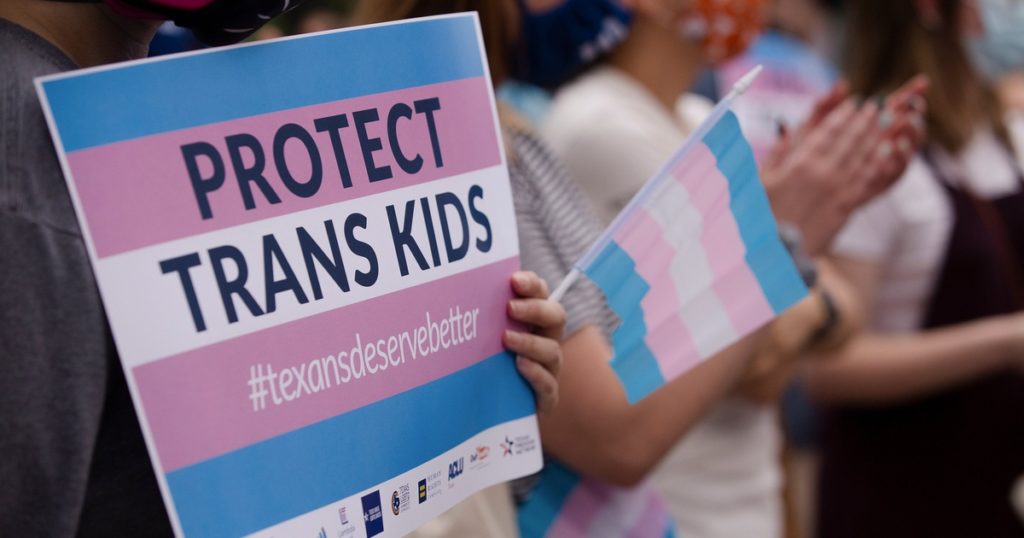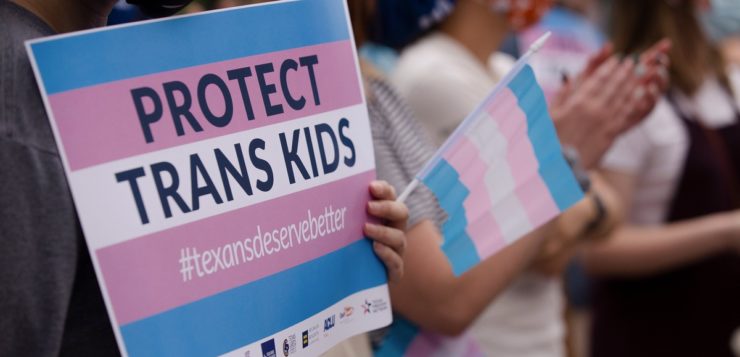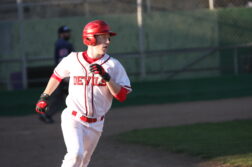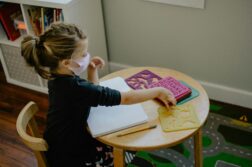
As an openly bisexual transgender man, I get asked the following question a lot: “Cisgender heterosexual people don’t make a big deal out of announcing their identity, so why do you?” I don’t get offended when people ask me this question. I would rather that they ask me this than assume that I am okay with an invisible identity.
The Human Rights Campaign released an article about Tennessee governor Bill Lee on May 4, 2021, which is the day on which he signed a law that would force school districts to “allow parents to opt students out of learning about important modern and historical events, from the AIDS epidemic to the Stonewall riots to even Supreme Court jurisprudence. This bill also disproportionately disadvantages LGBTQ youth who may not have supportive families and put children at greater risk of health consequences.”
What politicians like Governor Lee fail to understand is that educating students on topics like sexual orientation and gender identity allows them to become more accepting of their LGBT peers. This helps queer youth have a less painful, stigmatized, and isolated journey toward discovering who they are.
A couple of days ago, after about three years of trying to line up top surgery for my gender transition process, I finally got the date for the procedure. Even though I have done some emotional work to break down the internalized phobia around my gender identity and sexual orientation, I found myself being flooded with emotions from flashbacks of instances of queer-phobic backlash while growing up in Texas.
I was in late elementary to early middle school at that time, and my classmates and I started physically developing and having crushes. I noticed that I was not just attracted to boys but to girls as well. I also noticed emerging feelings of remorse towards my hips, curves, and breasts. I was born in the suburbs of Dallas, and in our school district there was almost no dialogue about the LGBT community, and the little talk that did exist was extremely stigmatizing. I didn’t even know what the letters lgbtq stood for when I first came across that abbreviation during my freshman year of high school. The implicit messages and explicit experiences that I swallowed when growing up in the South taught me that it wasn’t okay to be someone who doesn’t identify with being cisgender or heterosexual. That made my experience of puberty very traumatizing.
There was one particular incident that was very formative. When I was in the 7th grade, I started wearing masculine clothes and keeping my hair short. This caused some of my classmates and teachers to become suspicious about my sexuality and gender identity. In middle school, all the students and teachers were part of a school-monitored online discord, and one day, when I forgot to sign out of a school computer, this boy and his friends from the 8th grade posted a comment on my Discord profile saying “I am gay.” Within minutes, most of the kids in my school had seen it. I had no idea what was going on until a boy stopped me in the hallway and said: “Hey, dyke, wanna kiss my girlfriend?”
I was very confused until he followed up by saying: “Nice move on the school Discord.” Panic started pumping through my veins, and I immediately checked my profile page. But it was too late. Even though my friend helped me take the comment down and change my password, everyone had already seen it. I was the butt of several jokes for quite a while, and that has stuck with me.
The struggle for queer folks is that once we find out that our sexuality or gender identity don’t line up with the default assumption of cis heterosexuality, we have to go on a journey to figure out which label or labels match who we are, even if those labels have never been formally introduced to us (which is usually the case).
How are we supposed to find out where we fit in if we haven’t been given all of the categories?
At the age of seventeen, I was lucky enough to receive the opportunity to live in the heart of California’s highly progressive Silicon Valley. Not only was I in a bubble that was pro-LGBT, but I was also close to supportive friends and family members who guided me through the challenging patches of my self-discovery process.
Unfortunately, a large proportion of America’s queer youth population does not have the same support that I do. It’s important for everyone that the world get used to seeing us comfortable in our colors. Queer people are nothing new and not a whole lot different from everyone else. We are still people who also want to be seen, heard, respected, and loved. If society keeps trying to hide us, then we will always be viewed as unfamiliar.
When I went through with the decision to come out of the closet, my announcement assured myself and other queer youth that we have a place in society, that we do exist, despite living in a world that is still trying to erase us.






